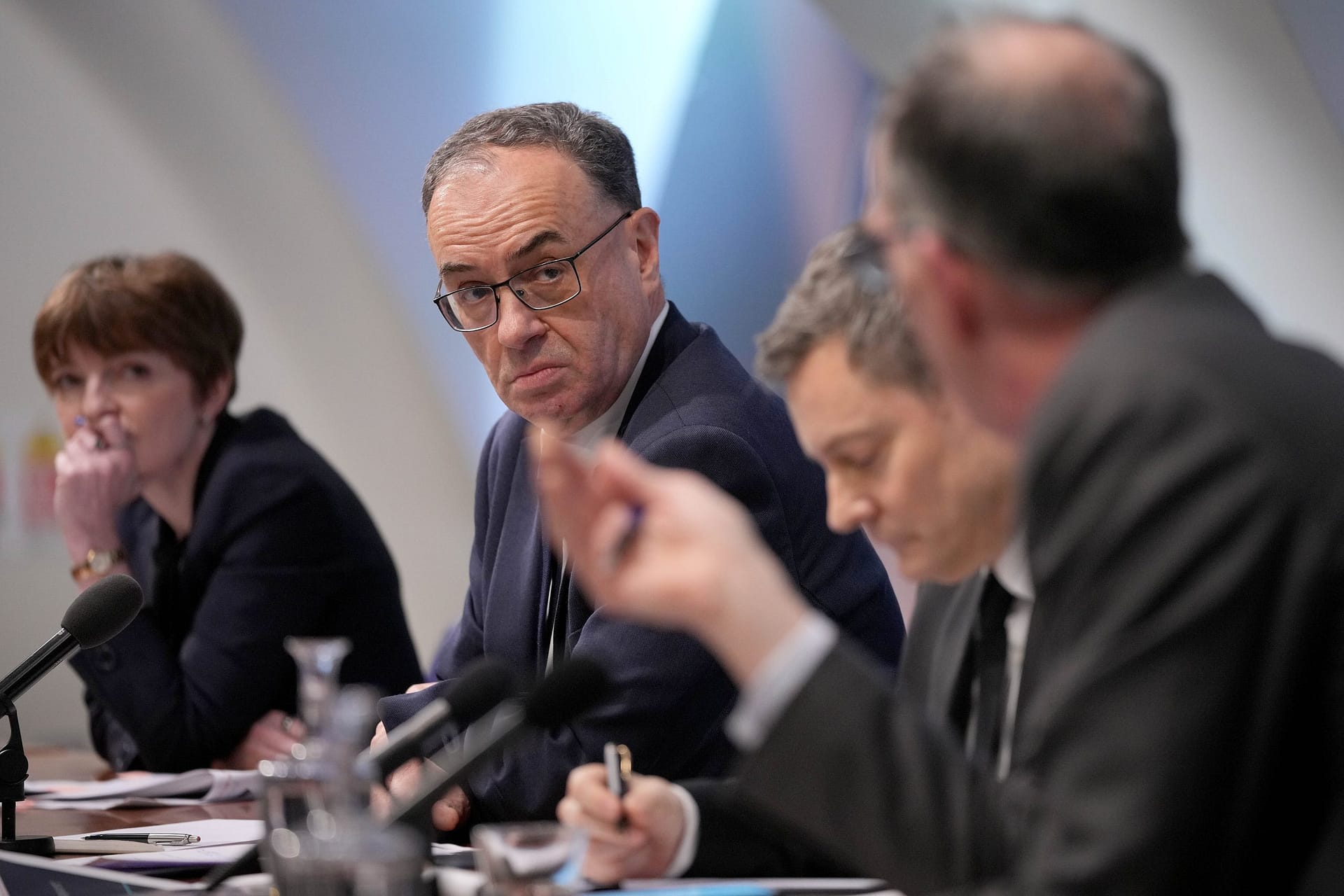
"Despite some late momentum in the markets that the Bank of England (BoE) would announce a cut, the MPC has decided to keep the base rate at 4% in a close-run result by five votes to four. While the most recent inflation print came in lower than expected and below the Bank's forecast of 4%, it was still 3.8%, and almost double the Bank of England's target. While the central bank has been criticised for being too data dependent and not having enough of a strategic, forward-looking approach, it would have a huge pivot for them to decrease the base rate with inflation so high."
"Given the BoE's focus on a 'gradual and careful' approach to decreasing rates, it makes sense that it would want more evidence that the previous month's halt in inflation isn't a one-off. Add in that with the Budget approaching soon, it's likely that rate setters would have wanted more clarity over fiscal policy and the opportunity to assess the market reaction to the Budget before changing rates, it was natural for the markets to conclude that a cut was less than a 1 in 3 possibility."
"While the MPC will have welcomed private sector wage growth slowing to its lowest level since 2021, there are concerns that this may be the start of a deterioration in the labour market. Hiring rates have started to stall, with employers reviewing their employment plans as AI solutions have become more developed and widespread, the cost of labour has increased with rising employment taxes, the minimum wage has risen and access to immigrant labour is reducing."
The Bank of England's Monetary Policy Committee voted 5-4 to hold the base rate at 4% to address persistent inflation. Inflation was 3.8%, below the Bank's forecast but nearly double the 2% target. The MPC emphasized a gradual, evidence-based approach and sought greater clarity on fiscal policy ahead of the Budget. Economic growth is weak at 0.1% expansion in August and private sector wage growth has slowed to its lowest level since 2021. Hiring has begun to stall amid AI adoption, higher employment taxes, a rising minimum wage, and reduced access to immigrant labour. If inflation continues to fall, one further rate cut in December is likely.
Read at London Business News | Londonlovesbusiness.com
Unable to calculate read time
Collection
[
|
...
]